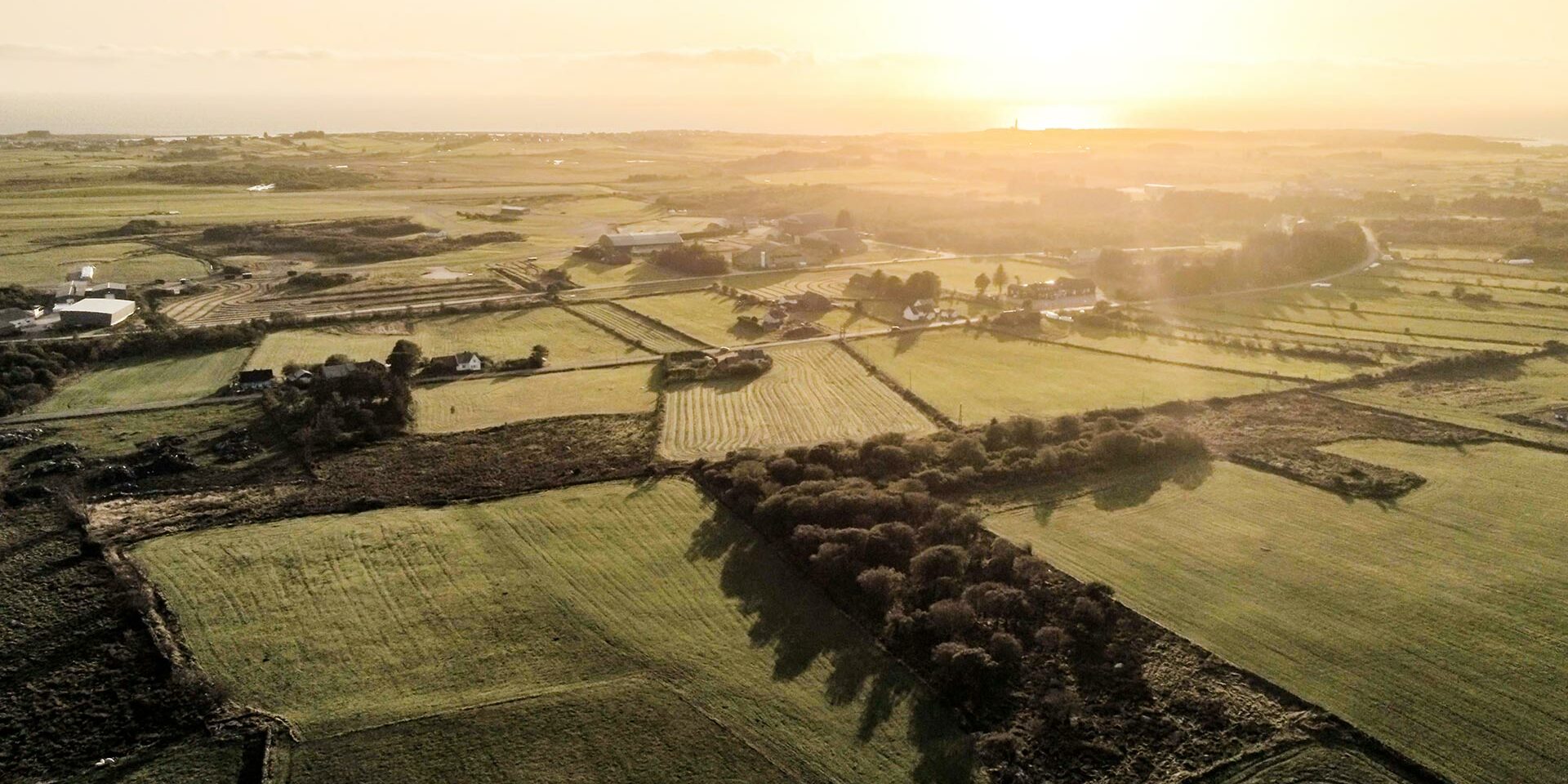Impact
Traditional food production is dependent on agriculture that requires enormous amounts of water and large areas. By reusing important resources and rethinking protein production, it is possible to ease the pressure on nature.
G2F changes the equation for protein production and creates a solution for the future
We must cut the world's CO2- emissions
Even if we reduce our consumption dramatically, the planet's average temperature will rise by 2 degrees, which will have enormous consequences.
30 % of all CO2 emissions come from food production
We need to change what we eat and how we produce it.
Protein production is resource-intensive
Food production accounts for 70 % of all water consumption and 80 % of all deforestation in the world.
The equation doesn't balance out
According to UN estimates, we will need over 50 % more calories to feed people by the middle of the century. Humanity is growing, and our modern lifestyle is constantly pushing the need for food.
We need to break away from conventional thinking
From CO2- emissions for protein production
By capturing CO2 in aquaculture production and reusing this as protein in fish feed, G2F can reduce the area consumption by 70 %, compared to protein from soy production - at the same time we reduce emissions by over 80 %.
Our food also needs proper food
We let a microorganism eat CO2 from the farming industry, mixed with hydrogen and oxygen from the electrolysis of water. In addition to removing CO2 the microorganism grows so quickly that the amount of protein doubles every 3-4 hours.
Our product is a microbial biomass containing 70-80 % crude protein, 6-8 % fat in the form of phospholipids, 5-7 % highly bioavailable minerals and 6-8 % fiber. The product has an amino acid profile similar to fishmeal, and very good digestibility.
This high-quality protein source replaces 30 % of the protein in the fish feed
Protein of the future
By converting CO2 from the farms to protein, greenhouse gas emissions from salmon production are dramatically reduced. G2F's protein reduce CO2-emmisions with 85% compared to soy production. Calculations show that we need 70% less land and 2000 times less fresh water compared to soy.
The total carbon savings will be approx. 2.2 kg of CO2 per kg round fish, compared to feed based on soy protein. Preliminary calculations show an estimated reduction of the carbon footprint of 40 %, compared to traditional farming.
